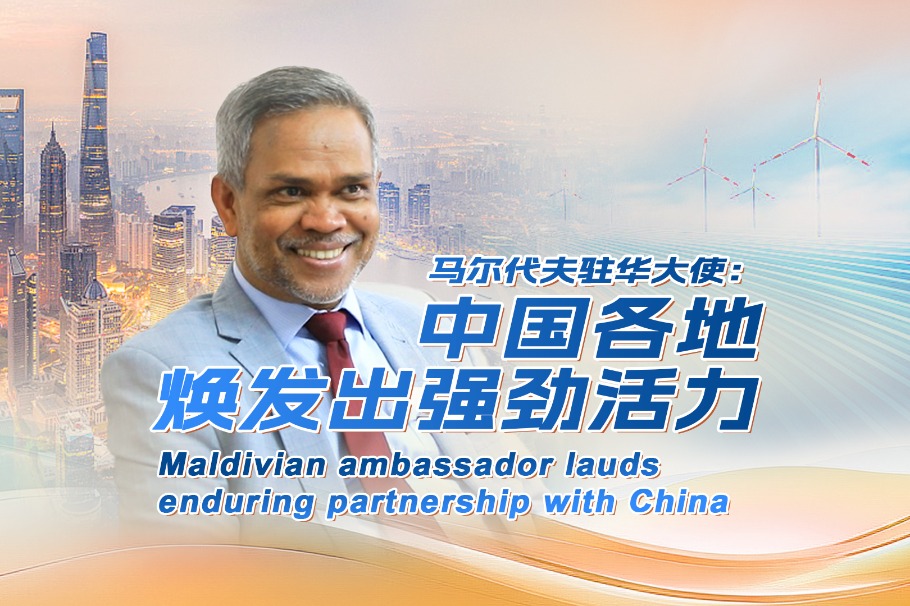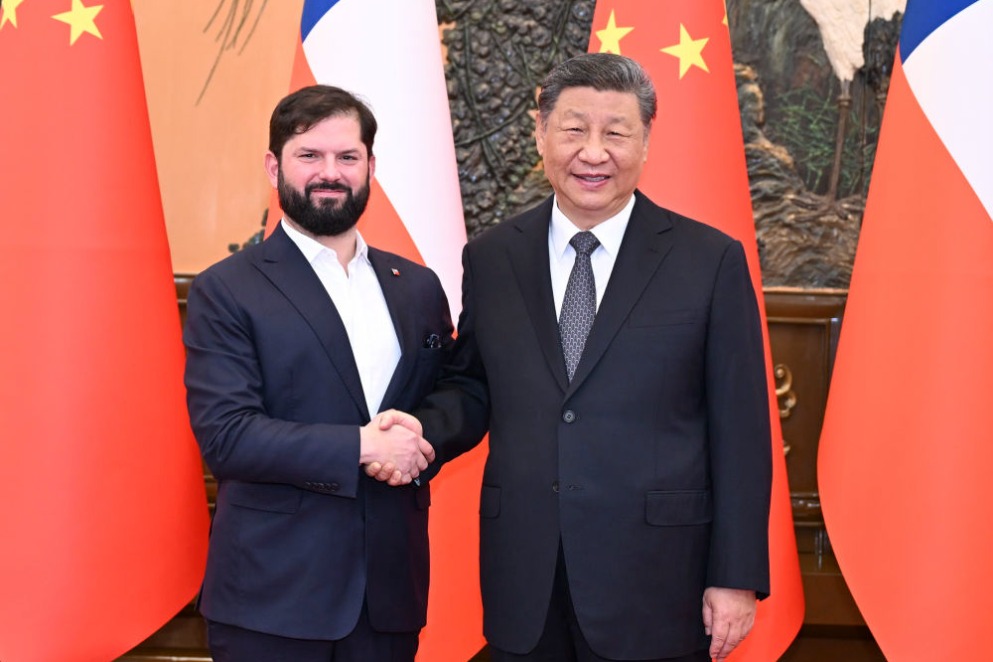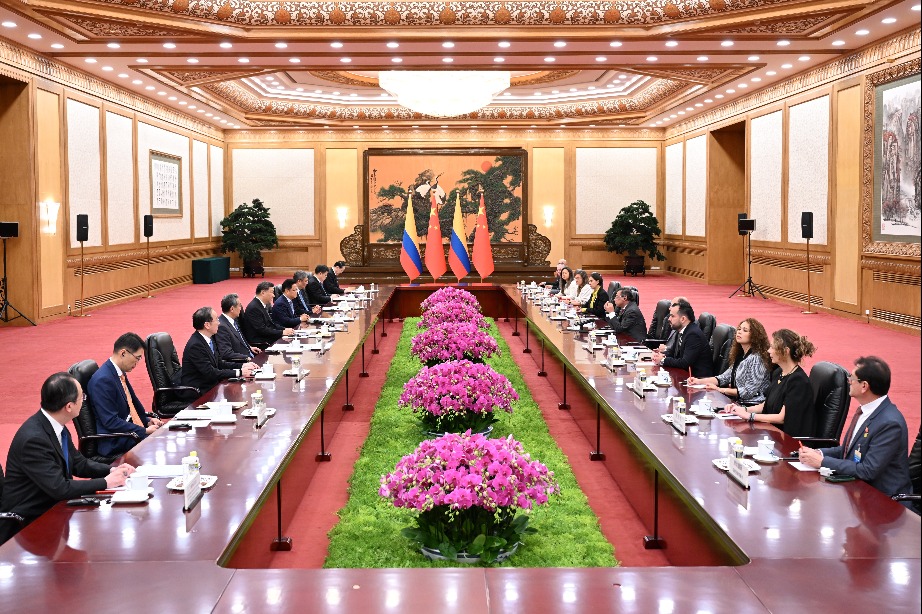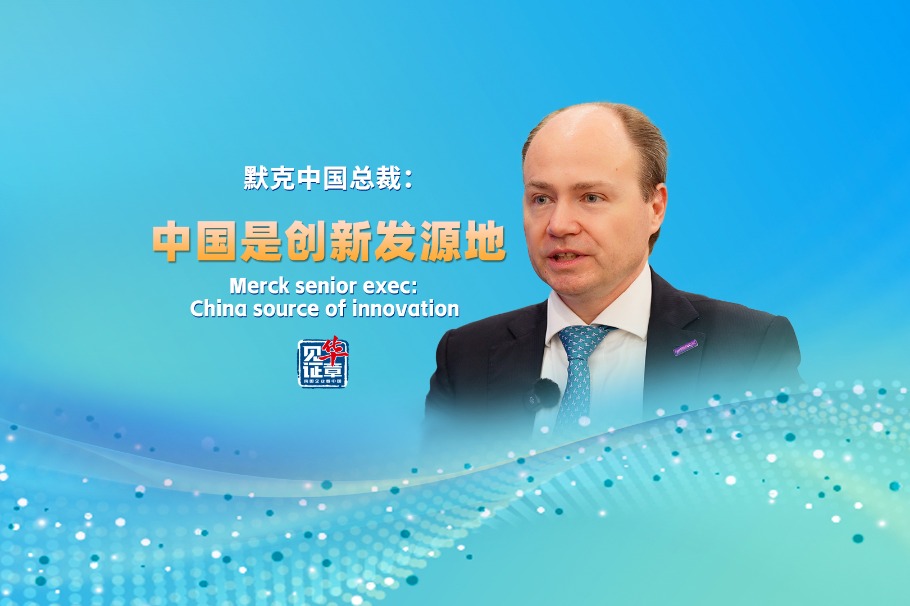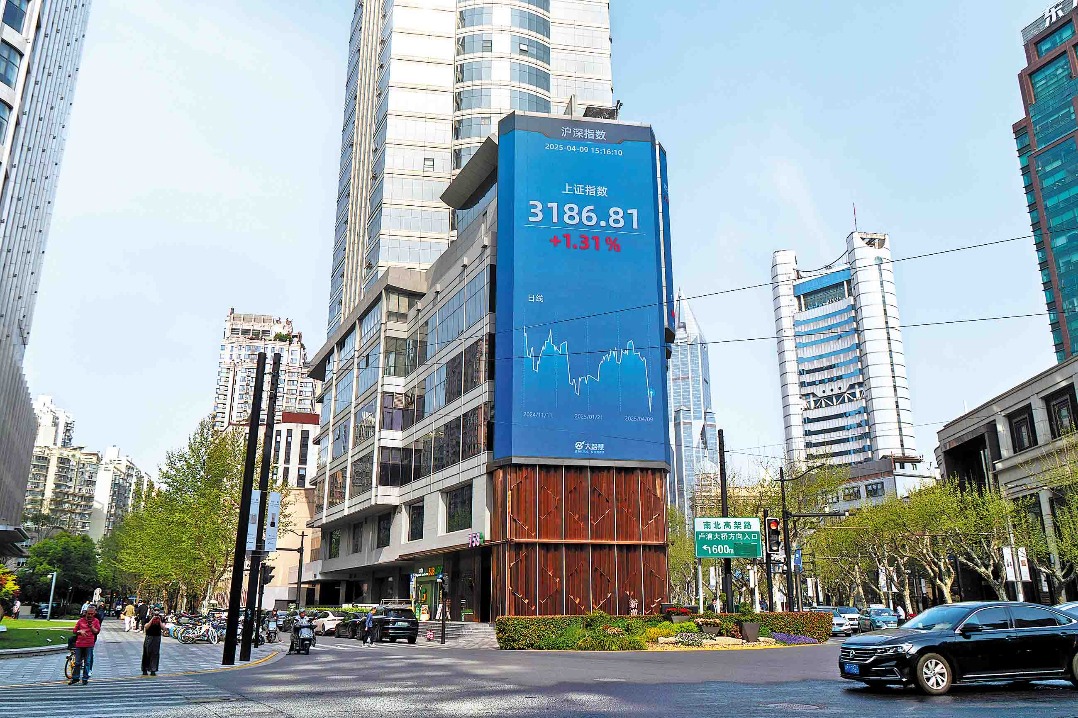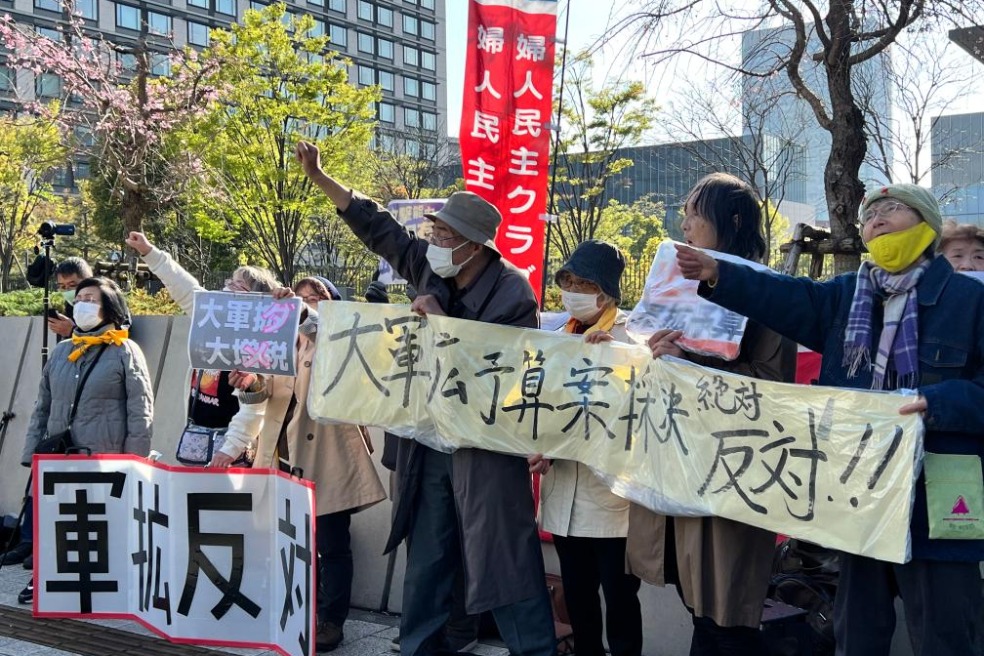Fast food chains to phase out plastic straws

As global fast-food chains and coffee shops begin phasing out single-use plastic straws and stir sticks - both major sources of pollution - environmentalists in China say government support is needed to ensure such efforts can help keep the world's oceans clean and free of plastic debris.
McDonald's China introduced a "strawless" lid for cold beverages at 10 Beijing restaurants on Nov 1. Diners also will not receive plastic straws unless they specifically ask, according to a new company policy aimed at reducing plastic waste.
In July, Starbucks also vowed to stop using single-use plastic straws at more than 28,000 outlets worldwide.
Data from the US Ocean Conservancy's International Coastal Cleanup, which organizes volunteers to remove trash from the world's waterways, show almost 409,000 plastic straws and stirrers were recovered by volunteers from 112 countries in 2016.
In 2015, a disturbing video of scientists attempting to rescue a turtle with a 12-centimeter plastic straw stuck in its nostril off the coast of Costa Rica went viral online.
Nondegradable plastics are a major source of pollution. Scientists estimated in a paper published in 2015 that as much as 8 million metric tons of plastic waste could be flowing into oceans each year.
Like many consumers, Wu Yanmei, a bank clerk in Beijing, has never thought about the impact a simple straw could have on the environment.
"Actually, I don't like using straws, but the cups at fast-food restaurants are all designed for use with a straw," she says. "I don't think straws are necessary, so the moves are a good way to raise people's awareness of not using single-use plastic products."
However, Jiang Jianguo, a professor of environmental studies at Tsinghua University, says he doubts such activities alone can have a major effect on the global pollution problem.
"Compared with other plastic products, straws account for only a small proportion of pollution. It's more urgent to reduce larger plastic trash like bottles by controlling production and enhancing laws and regulations," he says.
"I don't think the move by McDonald's will be a success, because previously there were lots of hotels calling for a ban on single-use plastics, but it ended up that nothing happened because businesses compete by trying to make things convenient for consumers."
Mao Da, founder of the China Zero Waste Alliance, a nongovernment think tank, says environmental moves initiated by an influential global company like McDonald's are a worthwhile effort.
"Sometimes governments will not carry out rules decisively because they take the feelings of entrepreneurs into account," he says.
"But when big companies start to show determination to ban plastics and promote an environmentally friendly image, the government should react with policies and cooperate with companies. Both sides should trust consumers and their environmental awareness," Mao says.
Today's Top News
- China's countermeasures against US tariffs over fentanyl issue remain effective
- New transportation route fosters trade connectivity between China and Vietnam
- US should cease measures aimed at curbing China's high-tech progress: China Daily editorial
- 'Red vs yellow' a milestone of e-commerce
- Mainland condemns Taiwan's DPP for erasing cross-Strait cultural ties
- China, Colombia sign cooperation plan on BRI
















